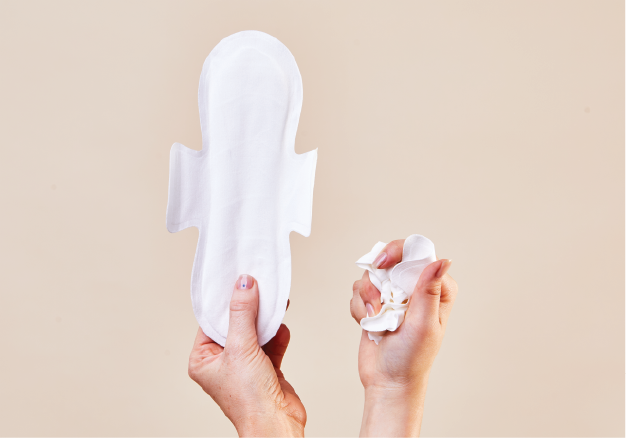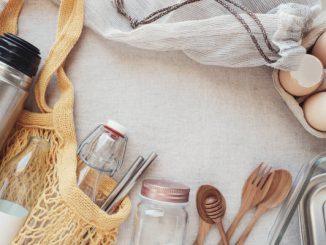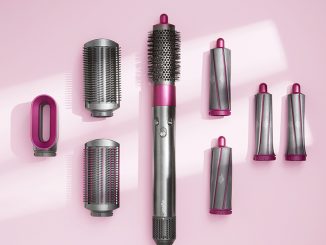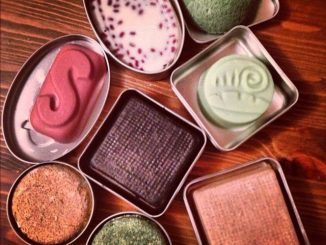
Planera, a UK-based start-up, has created a flushable sanitary pad which aims to combat waste created by disposable menstrual products.
Aaron Koshy, who trained as an engineer and Olivia Ahn, an NHS doctor founded the company in 2017.
“At Planera we believe that our waste should not outlive us. A pad that’s used for eight hours should never stick around for 500 years,” Aaron Koshy said.
Planera’s flushable pad degrades within 30 days and turns into clean water, biogas and fertiliser, compared to regular, plastic pads which can take 500 years to decompose.
The pad is 100 per cent biodegradable, made of 74 per cent plant-based materials and is held together with friction rather than glue, which is the industry standard.
“We were frustrated that the responsibility of waste was pushed on the customer, even a biodegradable pad would either end up in landfills not being in the right environment to degrade away, sent to an incinerator or stuck in our waterways,” Koshy said.
In recent years there has been some controversy over products advertised as ‘flushable’ being found to block drains and sewer systems. Planera is the world’s first sanitary pad to be certified as flushable by the Water Research Centre.
“There are many products in the market that claim to be flushable but do not follow these testing protocols that were developed with the water companies to ensure that anything that is flushed is safe for the UK’s sewage systems”, Koshy added.
The company gained major traction upon receiving its flushable certification in 2020, and began putting its product through public trials, with over 2,500 people signing up in the first 48 hours. The company used its piloting facility to send out batches of flushable pads in order to get feedback from the community and improve the product.
In June 2021, Koshy and Ahn launched their online store and sold out in under an hour. Currently, the company is scaling up its production as it prepares for a commercial launch towards the end of this year.
“Our mission is to remove permanent plastic pads from every bathroom. For this to be achieved, sustainable options have to become more accessible, more convenient and better performing than plastic pads,” Koshy said, adding, “our promise is that the pads you use today will disappear before your next period.”
According to an EU report, sanitary products are the fifth most common plastic items found on European beaches.
In 2021, Irish environmental charity, VOICE, launched its No Plastic. Period campaign which aimed to promote the use of plastic-free period products and lobby the Government to remove the luxury tax from reusable products such as menstrual cups.
Currently, disposable sanitary pads, tampons and panty liners fall under the zero per cent VAT bracket whereas more sustainable options, such as period pants and menstrual cups, fall under a reduced rate of VAT, at 13.5 per cent.
According to VOICE, regular menstrual pads contain up to 90 per cent plastic, with an average big-brand pack of 14 pads having the equivalent amount of plastic as five carrier bags.
Considering that a person uses upwards of 16,000 menstrual items in their life, disposable period products are a major contributor of single-use plastic waste.
While Planera only delivers within the UK at present, the company plans to ship to Ireland by next year, with an expansion of its social media reach and presence also on the cards.
Claire Young
Image Credit: Planera



